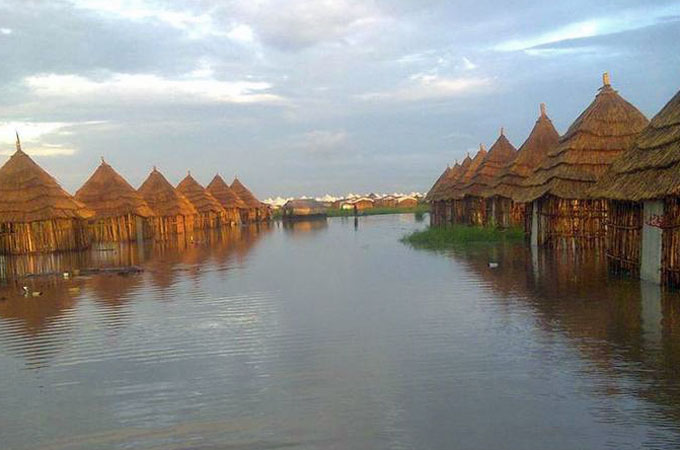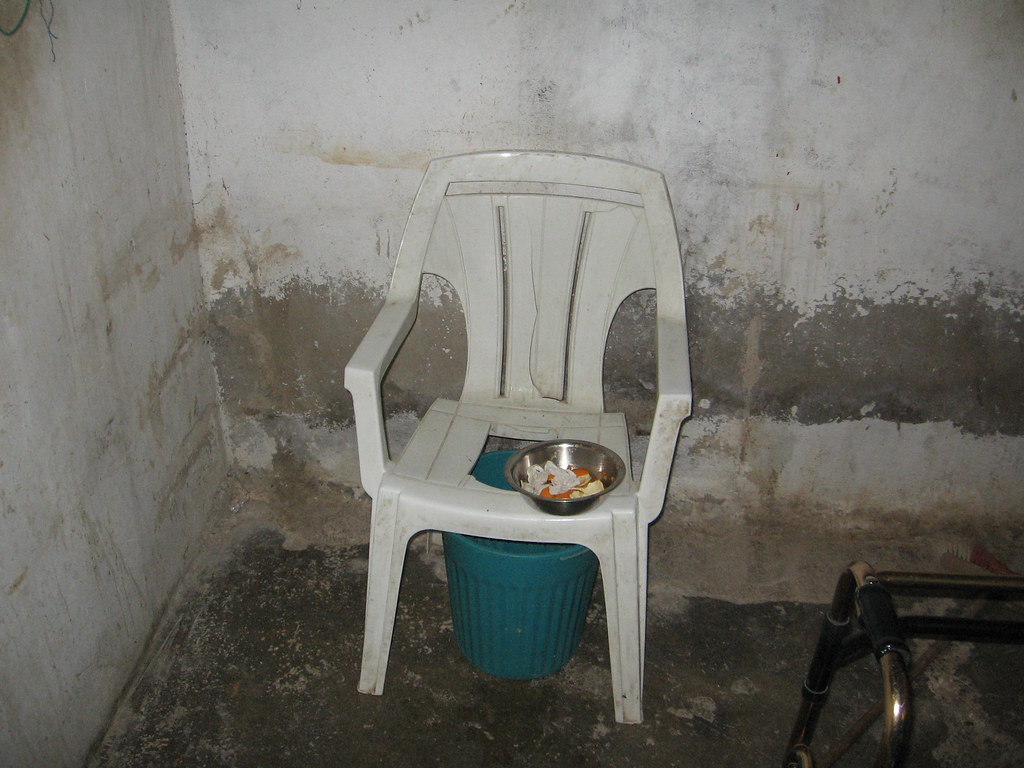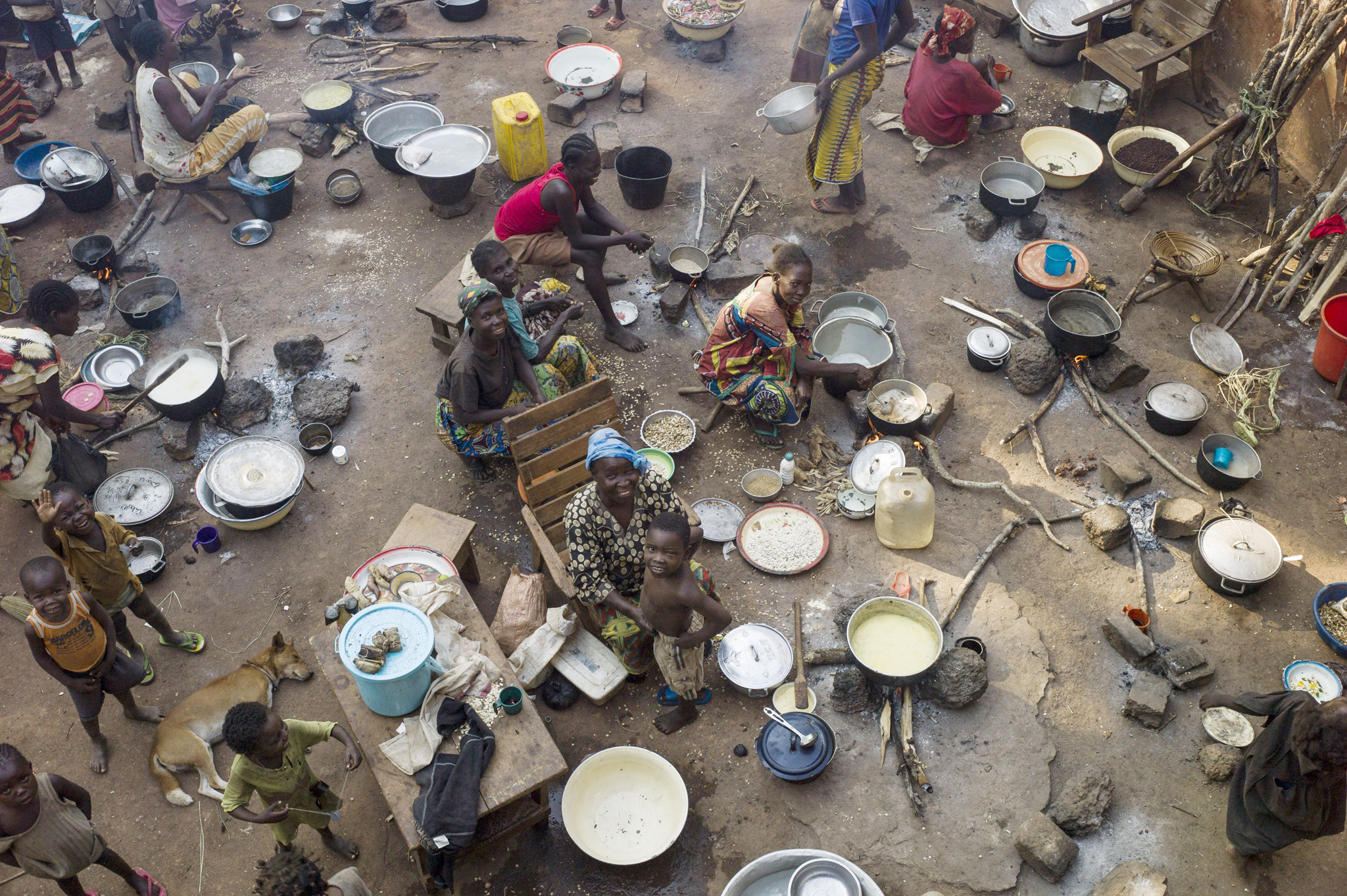"A refugee has the right to a safe asylum. Refugees should receive at least the
same rights and basic help as any other foreigner who is a legal resident,
including freedom of thought, of movement and freedom from torture and
degrading treatment."
- Refugees are provided Shelters that do not protect them from the severe climate changes.
- Many refugees have no access to latrines (toilet facilities).
- All Refugees live in very poor and scarce conditions.
- Although refugees are provided with limited medical care, disease and death remain very common.
- Although refugees have food and water, it is very scarce and seldom.
- A staggering proportion of the population is dependent on UNRWA's food and cash assistance. Each refugee is handed six dinars ($8.50) worth of food stamps every two weeks. Bread, rice, bulgur and lentils are free.
- Although water is brought to the camps occasionally, it can barely fill half of the refugges. therefore, basic hygiene is of great concern in the camp, where the water is unfit for human consumption.
- The hosting counties provide the refugees with camp spaces that are located in remote and rural areas or at considerable distances (particularly, where there is poor road infrastructure)
- Freedom of movement is restricted to all refugee campers.
Refugees must apply for and obtain prior permission to travel or leave the camp in order to properly pursue their legal claims.
- The lack of financial means refers, not only to refugees’ lack of resources to pay for legal counsel and other expenses related to the legal file, but also to the incentives that must be given to the various persons involved in the processing of the case in judiciary systems known for their corruption and slowness.
- Although refugees are somewhat protected, many camps have been subject to some form of military engagement, ranging from artillery bombardment of the camps










No comments:
Post a Comment